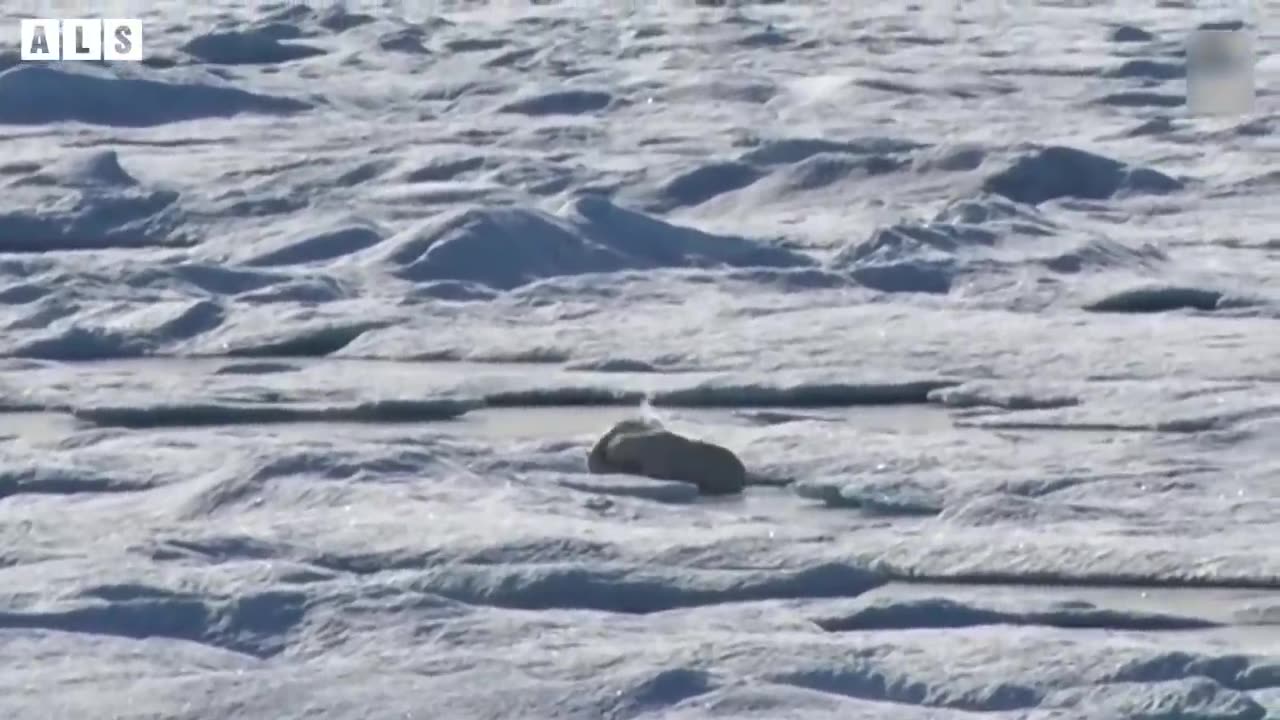Premium Only Content

Understanding the Unsettling Behavior of Cold-Blooded Animals Eating Their Own Offspring
Have you ever heard of cold-blooded animals eating their own young? It's a disturbing phenomenon that raises many questions about the behavior of these creatures. In this video, we delve into the reasons behind this unsettling behavior and uncover the fascinating biology that drives it.
We start by exploring what it means to be cold-blooded and how this affects the way these animals behave. We then take a closer look at the circumstances in which this behavior occurs and examine the different factors that can trigger it. From there, we delve into the biological and evolutionary reasons behind this behavior and explore the various theories that have been proposed to explain it.
Along the way, we look at some specific examples of cold-blooded animals eating their own offspring, including snakes, lizards, and fish. We examine the different strategies these animals use to survive and reproduce in their environments, and how this can sometimes lead to the surprising behavior of infanticide.
Finally, we discuss the implications of this behavior for our understanding of animal cognition and ethics. We ask whether it's ever morally justifiable for an animal to eat its own young, and what this can tell us about the complex and often surprising world of animal behavior.
Whether you're a biology enthusiast, an animal lover, or just someone curious about the strange and fascinating world around us, this video is a must-watch. So come with us as we explore the dark and intriguing world of cold-blooded animals and their unsettling behavior of eating their own offspring.
-
 LIVE
LIVE
Inverted World Live
3 hours agoAnnunciation Catholic School Shooting and Spiritual Warfare w/ AK Kamara | Ep. 99
15,831 watching -

FreshandFit
4 hours ago10 Top Red Pills About American Women
18.2K8 -
 LIVE
LIVE
Badlands Media
9 hours agoDevolution Power Hour Ep. 383
7,336 watching -
 DVR
DVR
TimcastIRL
3 hours agoTrans Shooter Targets Catholic Kids In Mass Shooting, Leftists Reject Prayers | Timcast IRL
175K41 -
 1:31:29
1:31:29
Brandon Gentile
1 day ago25 Year Wall Street INSIDER: $1M Bitcoin Soon Is Just The START
62 -
 LIVE
LIVE
SpartakusLIVE
5 hours ago#1 Birthday Boy Celebrates with MASSIVE and HUGE 4.8-Hour Stream
389 watching -

Man in America
6 hours agoFrom Oil Barons to Pill Pushers: The Rockefeller War on Health w/ Jeff Adam
8.01K1 -

Barry Cunningham
4 hours agoBREAKING NEWS: PRESIDENT TRUMP THIS INSANITY MUST END NOW!
53.7K117 -
 LIVE
LIVE
StevieTLIVE
3 hours agoWednesday Warzone Solo HYPE #1 Mullet on Rumble
147 watching -
 5:58
5:58
Mrgunsngear
4 hours ago $0.78 earnedBreaking: The New Republican Party Chairman Is Anti 2nd Amendment
4.46K5